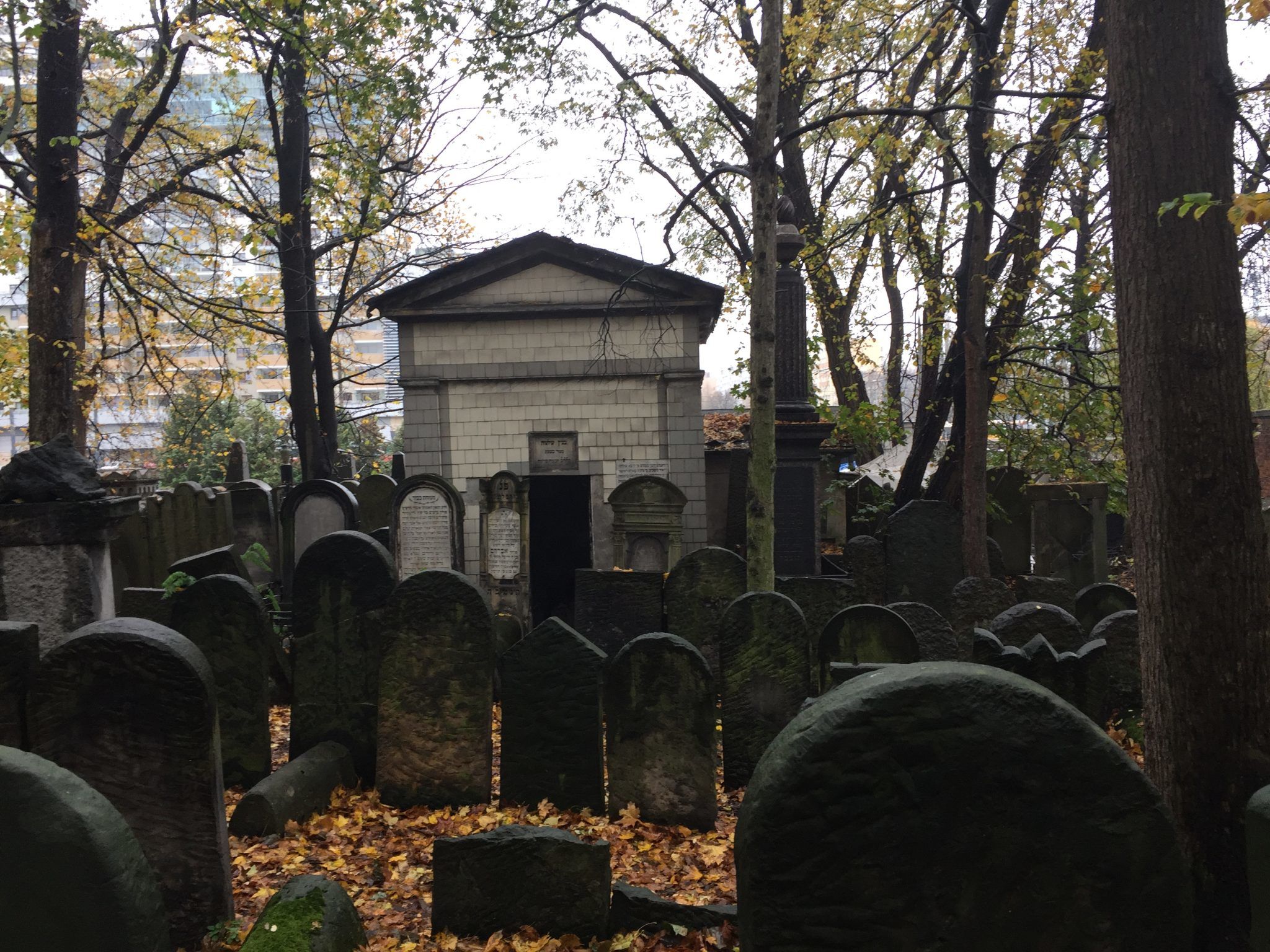“Well, there’s one kind favor I’ll ask of you/See that my grave is kept clean.” — Blues and gospel singer Blind Lemon Jefferson
It’s a dreary, overcast Friday afternoon in midtown Baltimore. I look out of my office window and notice faint shadows falling along the train tracks of the nearby Light Rail station. The early October sunlight is starting to fade.
On the Hebrew calendar, it’s almost the fifth yahrzeit, or anniversary, of my mother’s passing. A sense of weariness and disbelief engulfs me. “Five years?” I think. “How’s that remotely possible?”
I turn in my office chair and reach for the phone, to call my wife and remind her I have to go to shul tonight to say Kaddish. “Where will you go?” she asks. I mention one of the larger synagogues in town. She notes that they hold maariv, or evening, services about an hour or so before sundown.
“Then I can’t go there,” I say. “I want to say Kaddish after sundown, when the yahrzeit actually starts.”
I click on the website of a modern Orthodox shul near where I live and see that their maariv service starts right around sunset. That works.
Still, I hesitate about going. I haven’t been to services there in a couple of years, getting busy with work and such. I used to go fairly regularly after my mother passed away, during the first year of mourning.
For a second, I consider not going out of misplaced guilt. But then, I realize no one there is going to hold it against me that I haven’t been around lately.
A few hours later, I walk into the synagogue’s small chapel, where some of the shul’s faithful gather for minyan. The congregation’s president, a friendly, gregarious soul if there ever was one, looks up and smiles. “Alan,” he says, “so good to see you.” A woman I don’t know hands me a siddur. Services are about to start, so I grab a rickety chair.
The shul president confers with the Torah reader, a young man draped in a long, flowing tallit whose children play nearby with a worshiper’s service dog. Most of the small group focuses on the pajama-clad kids joyfully petting the canine, but the shul president calls to me. “Alan,” he says. “Your mom’s yahrzeit?”
Nervously, I nod and think to myself, “Boy, does this guy have a good memory or what?”

Soon, the service begins. Worshipers rock back and forth, holding siddurim with their eyes tightly shut and singing the ancient prayers with kavanah, intention. I cover my eyes while chanting the Shema, but soon my thoughts drift back to my mother. Five years, I realize, is no longer a “recently.” It’s actually “a while ago.”
I scan the room and study the intense, davening faces. Standing during the silent prayer, I turn to my right and look at the rows of memorial plaques posted on the wall. I examine the names engraved on this ancient brass board and wonder who these people were, and if I possibly knew some of them over the years. I read the dates of their deaths, and think of those who loved them so much that they purchased a memorial plaque.
Then, I see a single sheet of wrinkled white paper taped loosely to the top of the memorial board. For some reason, I hadn’t noticed it before, with its double-spaced lines bearing a handwritten list of names. I squint at the top of the paper, just out of curiosity, and can’t believe my eyes. I see my mother’s name, written next to my own with the word son.
At first I’m baffled, and then I realize that the shul must keep a running tab of worshipers and their deceased loved ones by order of yahrzeit for every day of the year. Even for folks like me who don’t come around regularly.

My mind starts to race and I recall the hazy morning after my mother’s funeral, when an out-of-town friend and I dropped by this very minyan so I could say Kaddish for my mom for the first time. The minyan members had just completed the Shacharit service but when learning of my recent loss, they started all over again. Despite having their own busy lives to attend to on that weekday morning shortly before Yom Kippur, they wanted to make sure that a fellow Jew was able to say Kaddish for their loved one.
“I almost lost it right then and there when they did that for you,” my buddy later confessed.
As I stare at the paper bearing my mother’s name and my own, I try to process this humble, unobtrusive act of kindness and respect. I think about how I actually don’t belong to this shul, never paid membership dues or contributed to a building fund, and haven’t even shown my face here in years. Yet, they still remember me in my hour of mourning and sorrow, even if I somehow had let them slip from my mind.
It’s one kind favor I won’t soon forget.





